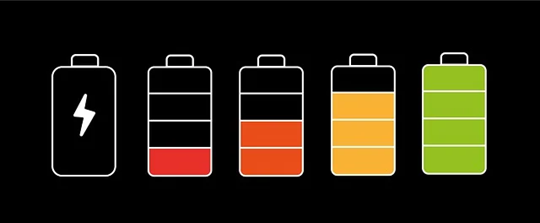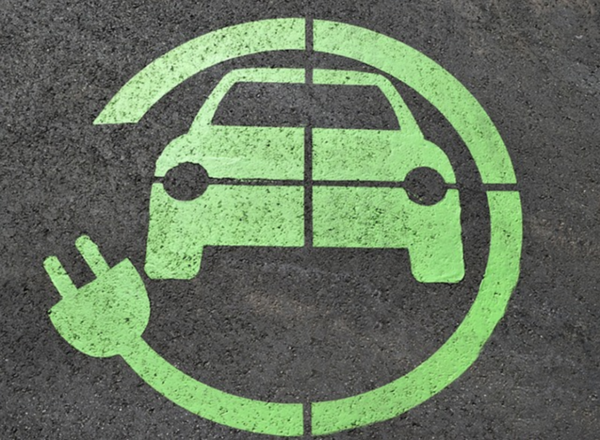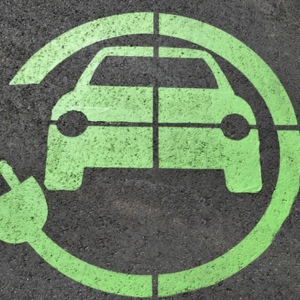With the rapid growth of the electric car market, interest is expanding beyond the vehicles themselves to include the charging infrastructure.
The charging speed, alongside the range, is one of the key factors influencing the popularity and practicality of electric cars in everyday use. Modern technology has significantly reduced charging times, but this process is influenced by various factors.
Here are the most important ones:
Battery Capacity:
Battery capacity, expressed in kilowatt hours (kWh), determines the amount of energy an electric car’s battery can store. The higher the battery capacity, the longer it takes to fully charge. For example, a car with a 78 kWh battery (e.g. Tesla Model 3 Long Range) will take longer to charge than one with a 40 kWh battery (e.g. Nissan Leaf II) using the same charger. A larger battery capacity also means a longer driving range on a single charge. However, it’s essential to remember that an electric car’s range also depends on factors such as weather conditions, vehicle weight, driving style, and the efficiency of the electric motor.
State of Charge (SoC):
The charging time depends on the battery’s charge level at the start of charging. The charging process is usually not uniform, and the rate of charging varies depending on the SoC. In the initial phase, when the battery is nearly empty, charging occurs at maximum power, allowing for rapid energy replenishment. This is possible because a low SoC allows more energy to be accepted without the risk of overheating or damaging the battery. As the SoC increases, the charging rate starts to decrease, especially noticeable around 80%. At this point, the battery management system (BMS) begins to limit the charging power to prevent overheating and ensure battery longevity. The final 20% of charging is much slower, due to the need for careful control to avoid over-voltage and related risks.
Battery Temperature:
Electric car batteries operate most efficiently within a specific temperature range. Extreme temperatures, both low and high, can significantly slow down the charging process. In cold conditions, charging times increase because the battery must first reach the appropriate operating temperature. The optimal charging temperature is around 20°C, but the initial warming up of the battery at the start of charging is crucial. It’s best to charge the vehicle when the battery is at operating temperature, around 19°C.
In this range, the battery is neither overheated, requiring additional cooling, nor too cold, necessitating heating. Maintaining this temperature maximizes charging efficiency, reducing time spent at charging stations and optimizing the vehicle’s energy efficiency. Modern electric cars are often equipped with battery temperature management systems that automatically regulate the temperature to ensure optimal charging conditions, regardless of external factors.

Charging System Efficiency:
The efficiency of the charging system plays a key role in the time it takes to fully charge an electric car. Several factors can generate energy losses, affecting efficiency. One primary source of loss is resistance in the cables, causing some energy to convert to heat instead of charging the battery. The quality of the charger itself is also crucial—chargers with higher efficiency convert energy with fewer losses, resulting in shorter charging times. Equally important is the efficiency of the Battery Management System (BMS). The BMS monitors and controls the charging process, optimizing energy distribution and minimizing losses. An efficient BMS can better regulate charging voltage and current, preventing overheating and excessive energy loss. Additionally, modern BMS are equipped with diagnostic functions to detect and compensate for charging inefficiencies.
Maximum Power Accepted by the Battery:
Each battery has a specific limit on the power it can safely accept during charging. Even if the charger can deliver more power, the charging time will not be reduced if the battery is not designed to accept it. For example, if a charger offers 150 kW but the vehicle’s battery can only accept a maximum of 100 kW, the actual charging power will be limited to 100 kW. Exceeding this limit could lead to overheating, battery damage, or reduced battery life. Car manufacturers design their battery management systems to precisely regulate the charging power to match the battery’s capacity.
Considering all these factors, such as battery capacity, state of charge, battery temperature, and the maximum power accepted by the battery,
helps to better understand why the charging time of an electric car can vary in different situations. However, even with optimal vehicle conditions, the quality and parameters of the charger play a crucial role. High-quality chargers that can deliver adequate power and minimize energy loss are fundamental to optimizing charging times.
The Hyperchargers manufactured by Alpitronic, offered by our company, stand out from the competition due to their advanced technology, high efficiency, and reliability. They are among the best in their class, resulting in shorter charging times and greater convenience for electric vehicle users. Why are our chargers so special? Stay tuned for our next post, where we will discuss in detail their advantages and the innovative technological solutions that make our products market leaders.








